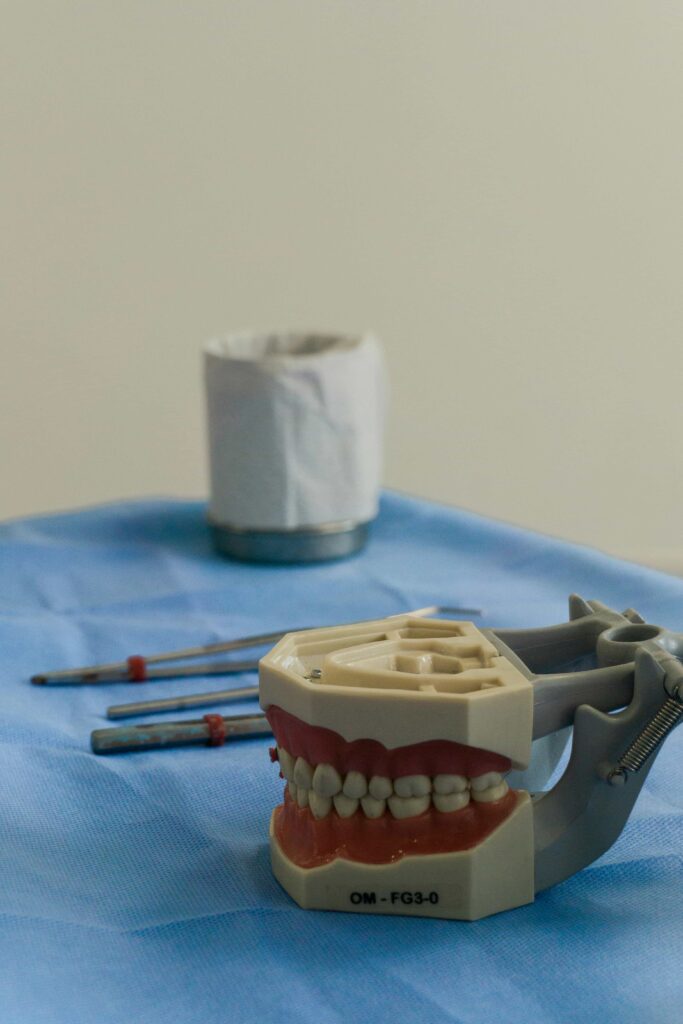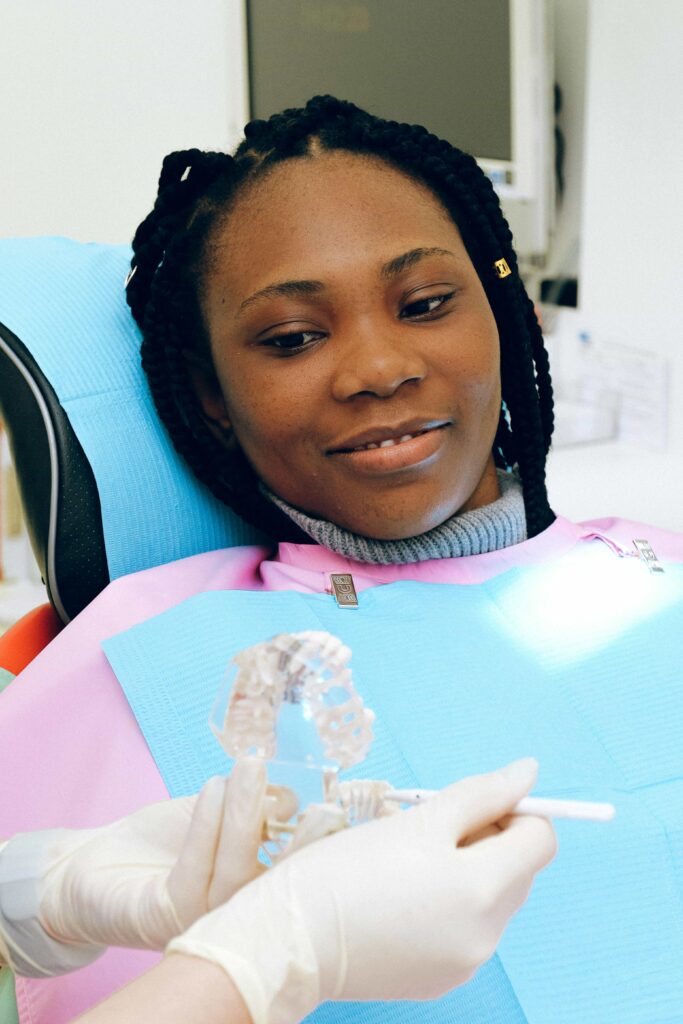Getting braces is an exciting step toward achieving a straighter, healthier smile, but it’s natural to wonder about changes they might bring to your daily life, especially when it comes to speaking. If you’re currently considering orthodontic treatment, this guide will address one of our most commonly asked questions… Does fixing your teeth change your voice?
Here at Fowler Orthodontics, we’ll explore how braces may impact the way you talk. Let’s take a look.
Key Takeaways
- Treated patients generally don’t experience any significant changes in their voice.
- Some temporary adjustments may occur during the initial adjustment period.
- Any speech changes are minor and can be easily managed with practice and patience.
- Partnering with an experienced and trusted orthodontist ensures that your care is tailored to your unique needs and goals.
Does Fixing Your Teeth Change Your Voice?
The short answer is, typically, no.
Although adjustments to the position of your teeth and jaw might cause minor, temporary changes in speech, braces generally don’t alter your voice permanently. However, while your mouth adapts to braces, you may notice slight differences in how certain sounds are pronounced.
Adjusting to braces can feel like a learning curve, but rest assured that any changes to your speech are almost always temporary and part of the normal process.
Do Braces Change the Way You Talk?
When braces are first placed on your teeth, you might notice a slight lisp or difficulty pronouncing certain sounds. This is because your tongue, lips, and teeth all play crucial roles in speech. Since braces create additional surfaces within your mouth, it may take a bit of time for your tongue to adapt to these new dynamics.
Issues like difficulty with “s,” “sh,” “z,” or “th” sounds are most common because they require precise tongue placement to pronounce correctly.
However, this adjustment period is usually short-lived, and most patients achieve normal speech within a few weeks.
Factors That Influence Speech Changes With Braces
Several factors can determine whether you notice changes in your speech while wearing braces. Let’s take a look at a few of them.
- Type of Braces: Metal braces and clear braces typically sit flush against teeth and have minimal impact on speech. Clear aligners like Invisalign®, while removable and less intrusive, may occasionally impact speech for the first few days of wear.
- Severity of Alignment Issues: If you’re undergoing treatment to correct severe misalignment or bite issues, the position of your tongue while speaking may need time to adjust to these shifts.
- Patient Adaptation: Like any new experience, getting used to braces is a matter of practice. Reading aloud or repeating challenging words can help you adjust more quickly.
Tips to Overcome Speech Challenges With Braces
Adjusting to speaking with braces can feel challenging at first, but with some simple techniques and a bit of patience, most people overcome these hurdles quickly.
Here are some practical tips to help you adapt and feel more confident in your speech while wearing braces.
- Practice Reading Aloud: Spend a few minutes each day reading a book out loud. This helps your tongue learn how to work around your braces.
- Focus on Problem Sounds: If you find certain sounds particularly tricky, practice these more frequently. For example, repeating tongue twisters can improve your articulation over time.
- Stay Hydrated: Braces can sometimes cause dry mouth, which may impact speech. Drinking water throughout the day keeps your mouth hydrated and helps you speak more clearly.
- Be Patient: Understand that any changes to your speech will be temporary. Most patients adapt within 1–2 weeks after getting braces.
Long-Term Speech Benefits of Braces
If your teeth are significantly misaligned, you may already struggle with some speech difficulties unrelated to braces (such as lisps caused by gaps or improper alignment). The good news is that fixing these misalignments can lead to improved speech clarity in the long run.
By investing in the cost of Invisalign, Clear Aligners, and other types of braces, you’ll be able to correct any bite issues and straighten your teeth. Which can enhance the way your tongue moves while speaking, resulting in smoother, more precise speech patterns.
FAQ
Q: Does fixing your teeth change your voice?
A: While fixing your teeth won’t directly change your voice, it can improve speech clarity by correcting bite issues and allowing for better tongue movement. This can result in smoother and more precise speech patterns.
Q: Can braces change the way I talk?
A: Yes, braces can potentially interfere with speech production if they are not properly aligned. However, modern orthodontic treatments such as Invisalign and Clear Aligners have minimal impact on speech and do not significantly alter the way you speak.
Q: Will my lisp go away after getting braces?
A: It is possible that a lisp may improve or even disappear after getting braces. This is because braces can correct any misalignment of the teeth and jaw that may contribute to a lisp. However, it is not guaranteed as everyone’s speech patterns are different, and some individuals may still experience a slight lisp even with braces.
Partner With an Orthodontist You Trust
Orthodontic treatment can offer more than just a beautiful smile—it may also impact your speech and even your voice. By addressing misalignments and bite issues, you can achieve not only improved oral health but also clearer, more confident communication. If you’ve been wondering, does fixing your teeth change your voice? The answer is that it can make a subtle but meaningful difference.
Partnering with a trusted orthodontist ensures you receive personalized care to meet your specific needs and goals.
Schedule a free consultation today to learn more about your options and what to expect during treatment! Contact us at Fowler Orthodontics and take the first step toward a straighter smile. Book your free consultation to see how our team can help you achieve your goals with innovative orthodontic solutions.
Table of Contents



